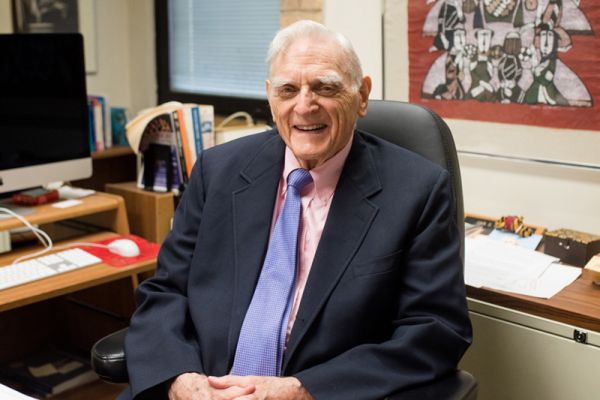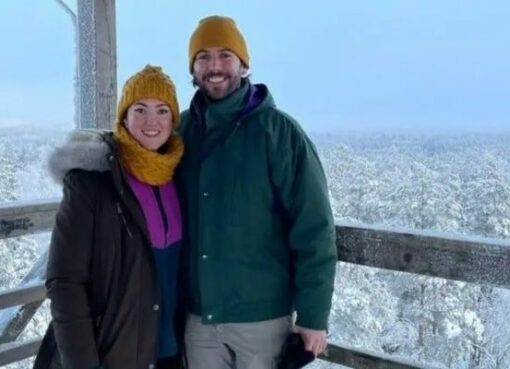John Goodenough, an engineer, went away suddenly. He was awarded the Nobel Prize for his ground-breaking research on lithium-ion batteries. He was 100.
According to a news report, Goodenough died on Sunday at the University of Texas at Austin, where he had worked as a professor for the past 37 years. Nothing in the evidence suggested what had killed him.
In a statement released on Monday, UT Austin President Jay Hartzell said, “John’s legacy as a brilliant scientist is immeasurable—his discoveries improved the lives of billions of people around the world.”
Goodenough produced a number of important material discoveries and breakthroughs in the 1980s that allowed for the development of a more reliable and potent rechargeable battery.
He, M. Stanley Whittingham and Akira Yoshino shared the 2019 Chemistry Nobel Prize; at 97 years old, he was the prize’s oldest laureate.
The trio’s invention, according to the Nobel Committee, “created a rechargeable world” that facilitated the widespread use of portable electronics like laptops and cell phones.
This innovation paved the way for both renewable energy storage and long-range electric automobiles.
In a news release from UT Austin dated 2019, Goodenough was quoted as saying, “Live to 97 (years old) and you can do anything,” in reference to his newfound freedom following his Nobel Prize triumph.
The committee emphasized that Goodenough was a beloved lecturer and mentor at UT Austin in addition to his outstanding research.
John was a superb student who was well-liked in his academic environment. He took great pleasure in mentoring several graduate students and faculty members, according to a statement made by UT Austin Provost Sharon L. Wood.
Goodenough also won the Benjamin Franklin Medal in addition to the Enrico Fermi Award and the National Medal of Science.
German-born Goodenough attended Yale University to earn a bachelor’s degree in mathematics after spending his formative years in the Northeastern United States. He worked as a meteorologist in the American Army before earning his master’s and doctorate in physics from the University of Chicago in 1952, according to a statement from the University of Texas at Austin.
At the Massachusetts Institute of Technology’s Lincoln Laboratory, he began his professional career. He spent 24 years working at MIT and made a significant contribution to the creation of random-access memory (RAM), a vital part of contemporary personal computers.
While serving as an Oxford University professor and the head of the inorganic chemistry lab, Goodenough made a significant advancement with the lithium-ion battery.
He rose to fame at UT Austin, where he subsequently held the position of professor, for his “quick wit and contagious laugh,” according to the university. He enrolled in the institution in 1986.
The letter claimed that Goodenough’s giggle could be heard across the UT engineering buildings. You couldn’t help but laugh when he came down to your level.
The organization claims that Goodenough and his deceased wife Irene were wed for approximately 70 years before she passed away in 2016. He established the Irene W. Goodenough Presidential Scholarship in Nursing in honor of his late wife.
A Goodenough Fellowship in Chemistry was created at St. Catherine’s College at the University of Oxford in his honor, in addition to the John B. and Irene W. Goodenough Endowed Research Fund in Engineering.
John is “just an amazing person,” according to Roger Bonnecaze, dean of the Cockrell School of Engineering at UT Austin. In addition to business, he was very gifted in the areas of study, counseling, and education.
Bonnecaze remarked that “his joy and care in all he did, as well as that remarkable laugh, were contagious and inspiring.” What a fascinating and significant life he led.
Also Read: Juan Williams Of Fox News Quits The Five! 43 Years Married Life




